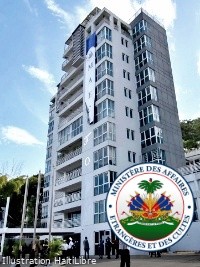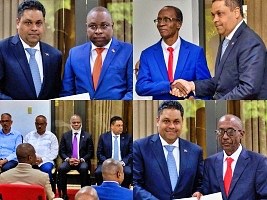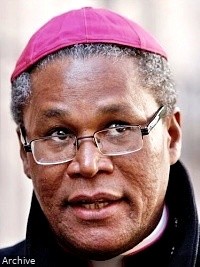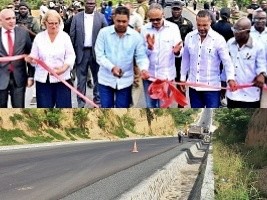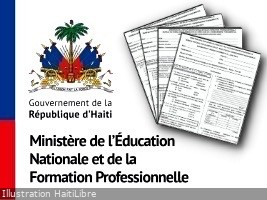In a striking development for civil liberties in the Caribbean nation, the Haitian human rights organization Fondation Je Klere (FJKL) has issued a forceful condemnation of newly enacted legislation governing freedom of expression. The presidential decree, formally adopted by Haiti’s Transitional Presidential Council (CPT) on December 18, 2025, and officially gazetted on December 31, has sparked immediate concerns about democratic backsliding.
The FJKL’s comprehensive analysis, published January 15, 2026, characterizes the measure as fundamentally repressive and incompatible with constitutional governance. The organization asserts that the CPT has overstepped its authority by legislating in domains constitutionally reserved for Parliament, thereby violating both domestic law and international human rights commitments.
Legal experts examining the decree identify particularly problematic provisions in Articles 4 and 5, where nebulous terminology regarding ‘public order’ and ‘national security’ creates significant potential for arbitrary enforcement. These vaguely defined concepts could enable authorities to suppress legitimate political opposition under the guise of maintaining stability.
While ostensibly designed to protect journalists, the legislation instead establishes mechanisms that facilitate their detention based on either flagrancy allegations or simple complaints, with inadequate procedural safeguards. The definition of defamation has been expanded to such an extent that it effectively criminalizes standard journalistic criticism, while simultaneously removing truth as a valid defense against charges.
The penal provisions introduce severe sentencing guidelines, including prison terms of up to three years for defamation and forced labor sentences extending to two decades for insulting national symbols. Additionally, the statute of limitations for these offenses has been extended to five years.
Perhaps most alarmingly, Article 18 mandates that digital platforms retain and surrender identifying information of users accused of publishing ‘illegal content,’ directly contravening constitutional protections for source confidentiality. The FJKL concludes that these measures collectively represent a return to the most oppressive periods in Haiti’s political history, constituting a deliberate instrument of political repression rather than good-faith regulation.

